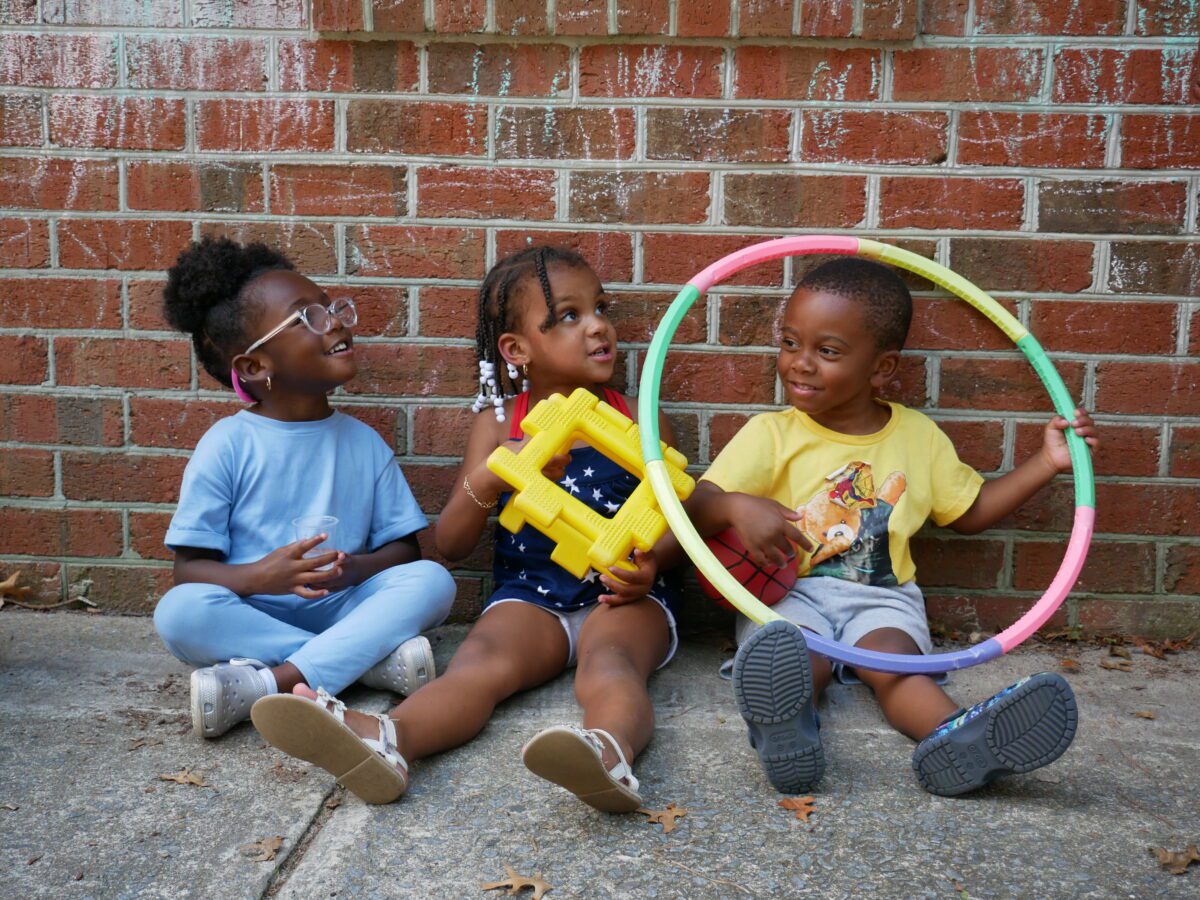
|
|
Public funds propping up North Carolina’s child care network will run out at the end of June 2024 under the state budget passed early Friday.
The budget includes no state funding to extend the federal funds that child care providers have used to help their businesses recover from the pandemic and to raise staff wages.
A national report from the Century Foundation predicts that when the funding ends, 1,778 programs across the state will close and 155,539 children will lose access to care.
The end of the funds will also likely lead to increased tuition rates for parents, lower quality, higher teacher turnover, and reduced capacity within remaining programs, several child care directors and owners have told EdNC.
The state budget directs the Division of Child Development and Early Education (DCDEE) to use whatever funds it has left from the American Rescue Plan Act (ARPA) to continue the compensation grants, which would last through the end of the fiscal year next June 30, a DCDEE spokesperson said.
Early childhood advocates and chairs of the legislature’s early childhood caucus had been pushing for a one-time $300 million allotment to avoid that cliff.
“It’s putting us on a really precarious path here, because the time for a solution was in the budget, and they chose to do nothing,” said Elaine Zukerman, advocacy and communications director for the NC Early Education Coalition, an advocacy organization that pushes for “high quality, accessible and affordable child care,” according to its website.
“Child care is not in a good situation right now,” Zukerman said. “You’re currently in crisis, and the money that we were asking for was essentially to keep a status quo… It was the bare minimum so that things don’t get worse, and they didn’t provide that.”
The budget also lacks many other items that early childhood advocates prioritized this session: additional funding for Smart Start, an expansion of the WAGE$ program to provide education-based wage supplements for early childhood teachers, and a subsidy floor that would provide more funding to child care programs that receive less than the state average reimbursement rate to participate in the program.
Rep. Julie von Haefen, D-Wake, said Thursday on the House floor that the lack of early care and education funding in the budget will affect “everyone in North Carolina.”
“Parents and every industry need child care to be able to work, and North Carolina’s businesses and employers have identified child care as a critical factor in our state’s workforce challenge,” von Haefen said.
“If you don’t have young children, you will feel the effects when workers can’t get to their job at the grocery store, the DMV, or your local Starbucks, when the waitress can’t show up for her shift or the state employee can’t report for work. It’s because they lacked child care. North Carolina’s young children, families, communities, businesses, economy and our future are all depending on us.”
EdNC reached out to legislators from both parties for comment on the absence of stabilization funds and got responses from two co-chairs of the early childhood legislative caucus: Rep. Ashton Clemmons, D-Guilford, and Sen. Jay Chaudhuri, D-Wake.
Clemmons wrote in an emailed statement that she is “devastated” by the budget’s implications and will continue advocating for child care funds in the short session.
“We already see from states that already hit this cliff, the decision to not continue our stabilization grants to childcare providers will lead to less access for our families,” she said.
Chaudhuri said in an email that the budget “fails our earliest learners because there’s no new state dollars for child care.”
“At most, federal money will extend funding for child care for another six months before we fall off the fiscal cliff,” he wrote. “In the end, this budget fails parents who can’t afford child care, fails employers who can’t hire parents, and ultimately fails our young kids who won’t get off to a good and healthy start. I’m incredibly sad for our state.”
Tri-Share and family child care pilots
The budget does include $900,000 in non-recurring funds for each of the next two years for a three-county pilot modeled on MI Tri-Share, a program in Michigan that splits the cost of child care between state government, participating businesses, and eligible employees.
It directs DCDEE and the North Carolina Partnership for Children to pick the three participating counties, requiring one to be a Tier 1 economically distressed county. Local Smart Start partnerships would act as financial hubs for the program and could use 9% of the allotted funding for administrative costs.
The program would serve employees at participating businesses whose income falls between 185% and 300% of the federal poverty level.
(EdNC visited Michigan to learn more about that program this week and will have a story on lessons for North Carolina next week.)
The budget also gives $525,000 in non-recurring funds both years of the biennium to provide business and financial assistance for family child care homes and to open new home-based programs.
Supporting home-based child care programs is a focus of multiple statewide efforts by state officials, advocates, and philanthropists. They offer smaller, often more convenient and affordable options for families, particularly in rural areas, yet face financial challenges and barriers to receiving state money. The state has lost 30% of its licensed family child care homes since 2018.
The budget allows licensed family child care homes to serve 10 children at once, instead of the previous maximum of eight. It also increases class sizes from 18 to 20 children in NC Pre-K classrooms — which serve about a quarter of 4-year-olds in the state.
Community college grants, bumps for Developmental Day programs
The budget also provides $1.2 million in annual recurring funding for grants that help community college students afford child care.
The budget increases the rates the state provides Developmental Day child care centers to a maximum of $1,350 per child per month. That rate has stayed at $999 for the last 20 years, according to Jan Baker, senior director of education initiatives and strategies at Learning Together. These are centers that provide special education to children with disabilities.
It allocates $1.5 million each year in non-recurring funds to the Dolly Parton Imagination Library program administered by Smart Start, a book gifting program for children younger than 5 years old.
Passed earlier this session, Senate Bill 20, which bans abortion after 12 weeks with some exceptions, provided recurring funds ($32 million in the first year of the biennium and $43 million in the second) to raise the rates child care programs receive to participate in the subsidy program to reflect 2021 rates. This means providers will receive a few extra dollars per child, though experts say these rates do not pay providers the true cost of the services they provide.





